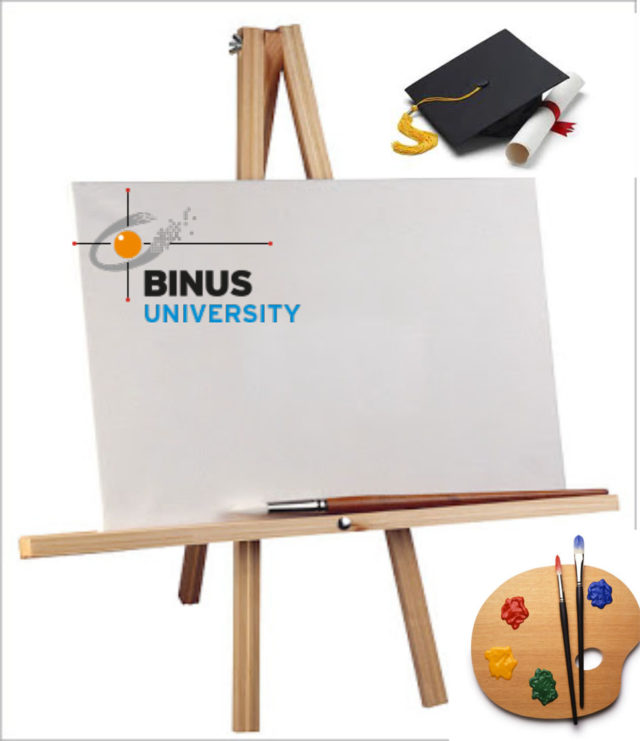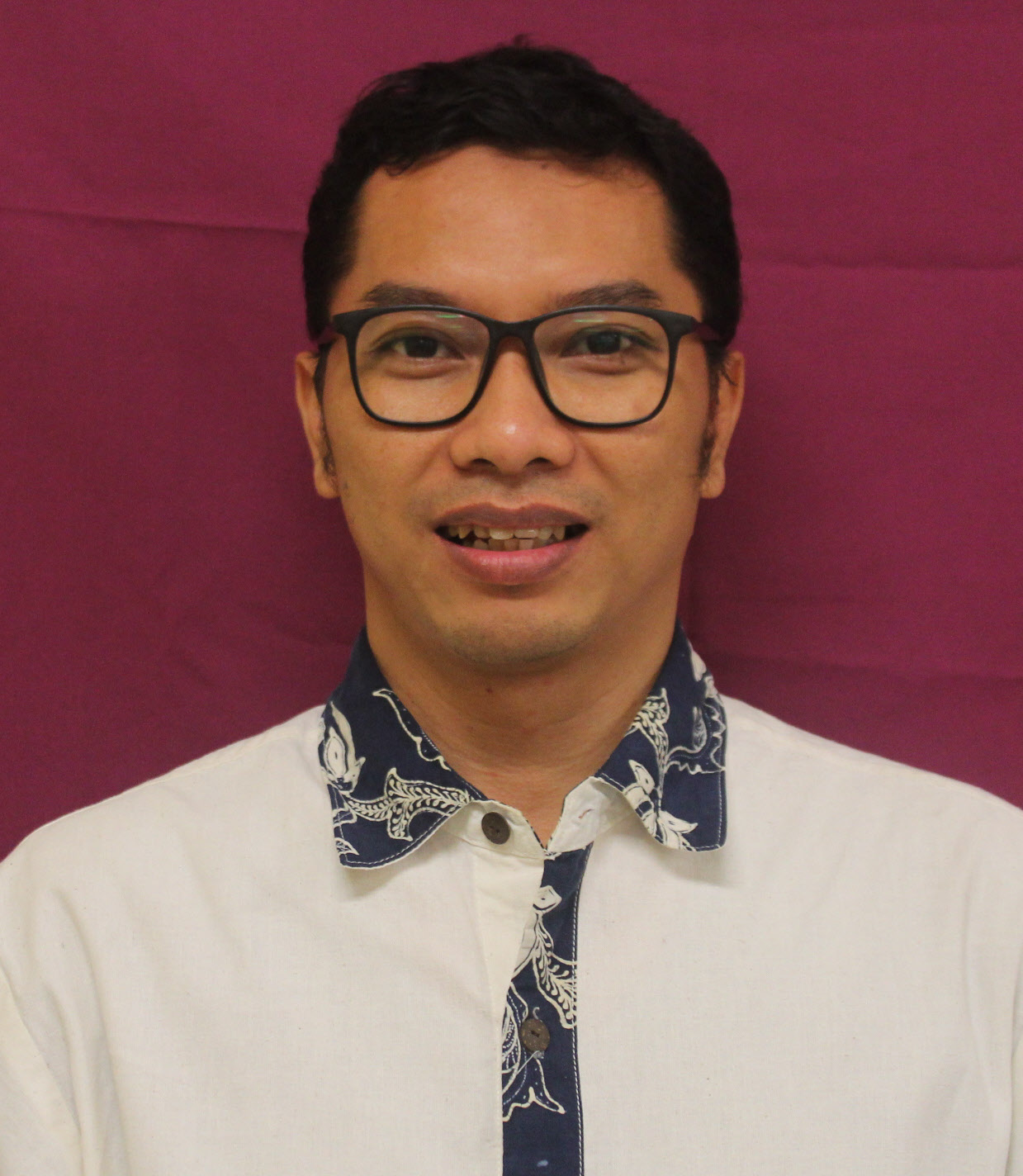drawing your tourism career canvas….
“Today’s careers are no longer ladders. They are more like works of art.”
(Petriglieri, G. 2012)

Sources: Adapted from Google images and http://oviyen.blogspot.co.id/2012/02/drawing-materials.html
Tourism scholars mostly agree that modern tourism industry began in the 1960s and has steadily grown in terms of the income, and resilience in times of economic crisis, as well as generating a high number of employment opportunities. Altogether, World Travel and Tourism Council (WTTC) and Business Monitor International (BMI) reported the positive growth of the Indonesia Tourism Industry. The industry directly contributed to the country’s GDP at 3.2 % of total (IDR 325,467.0bn) and continue to grow by 5.3 % up until 2025. The industry supported 3,326,000 jobs, which represent 2.9% of total employment in the country that is expected to open more jobs in the future by 2.3%, and rise by 1.4% per annum in 2025. The employment cover jobs in hotels, travel agents, airlines, passenger transportation services, food service, and leisure industries.
An educational degree such as tourism bachelor degree is a strong foundation to start your tourism professional career. But, that is not enough without any proven knowledge and skill that coming from yourself. Moreover, once, a bird sings in a fine morning that “you are not advised to build your career in a vertical way, but horizontal approach is more suitable”. Alongside your ability to handle “the brushes” (read: problem) will lead you to draw on your career canvas. Your selection of a chosen “color” (read: experience at many) should give you a career value to step up in to higher path of tourism business sectors. In this sense, borrowing a succesful story from a tourism professional, a horizontal approach as opposite from a vertical way is understood to build and shape the course for a desired profesional position as a result of working experiences from two or more organizational. In short, it is rarely to happen to climb to the top position within tourism business enterprises at your first employer. However, notably, challenges and new tasks are to be the main motivation to move to other organization and build your career development to higher position despite pursuing a better remuneration only. Therefore, it is understandable that successful tourism professional requires a creative ability to draw their own career canvas, particularly in this 21st century.
In this context, Petriglieri stimulates two question for tourism learners to think about such as (1) what does it mean to succeed? (2) What does it take to thrive?
Petriglieri also provide the guidelines to answer those questions as below.
“First, you need a foundation of knowledge and skills. You can’t be Picasso if you can’t handle brushes.”
“Second, you need to use those skills to express something that is both deeply personal and that resonates with an audience.”
Furthermore, Petriglieri also said in his article that “success in art (read: tourism) is not just making a living, or being famous and acclaimed. Those are consequences. Success is moving and being moved. It is opening vistas. Unsettling the status quo. Peeking beneath the veil of convention”.
When you are finally achieved top position towards your desired career at any prestigious organization or at your own designated company. Please remember and think higher to enlighten your continuing responsibility as “if you are a manager, you may want to ask yourself, is you team or organization an identity workspace for the people who work there? Can they easily share and acquire expertise? Do you reward those who personalize their work and make it meaningful for others? Do you encourage people to find their voice and push against conventions?
Should you do so, “…. they’ll not only be more satisfied, creative and productive — they will also think twice before leaving, as they may not grow as fast and express themselves as fully elsewhere.”
Indeed, it is taking sometimes for your sketch (read: tourism professional career) into a clear shape and take decision to give its beautiful colour (read: the future career). However, the critical question is now how clean is your canvas right now? (read: knowledge and skill related to tourism). Regardless the career approach of being vertically or horizontally, you may want to start by sketching your career canvas and do not worry to add, modify or even to roll over your canvas to re-sketches according to your needs whether in hotels, travel agents, airlines, passenger transportation services, food service, or leisure industries.
Dreams are necessary to life!
Reference:
Petriglieri, G. (2012) “Turn Your Career into a Work of Art” Harvard Business Review (HBR). Available from: http://blogs.hbr.org/cs/2012/04/turn_your_career_into_a_work_o.html


Comments :